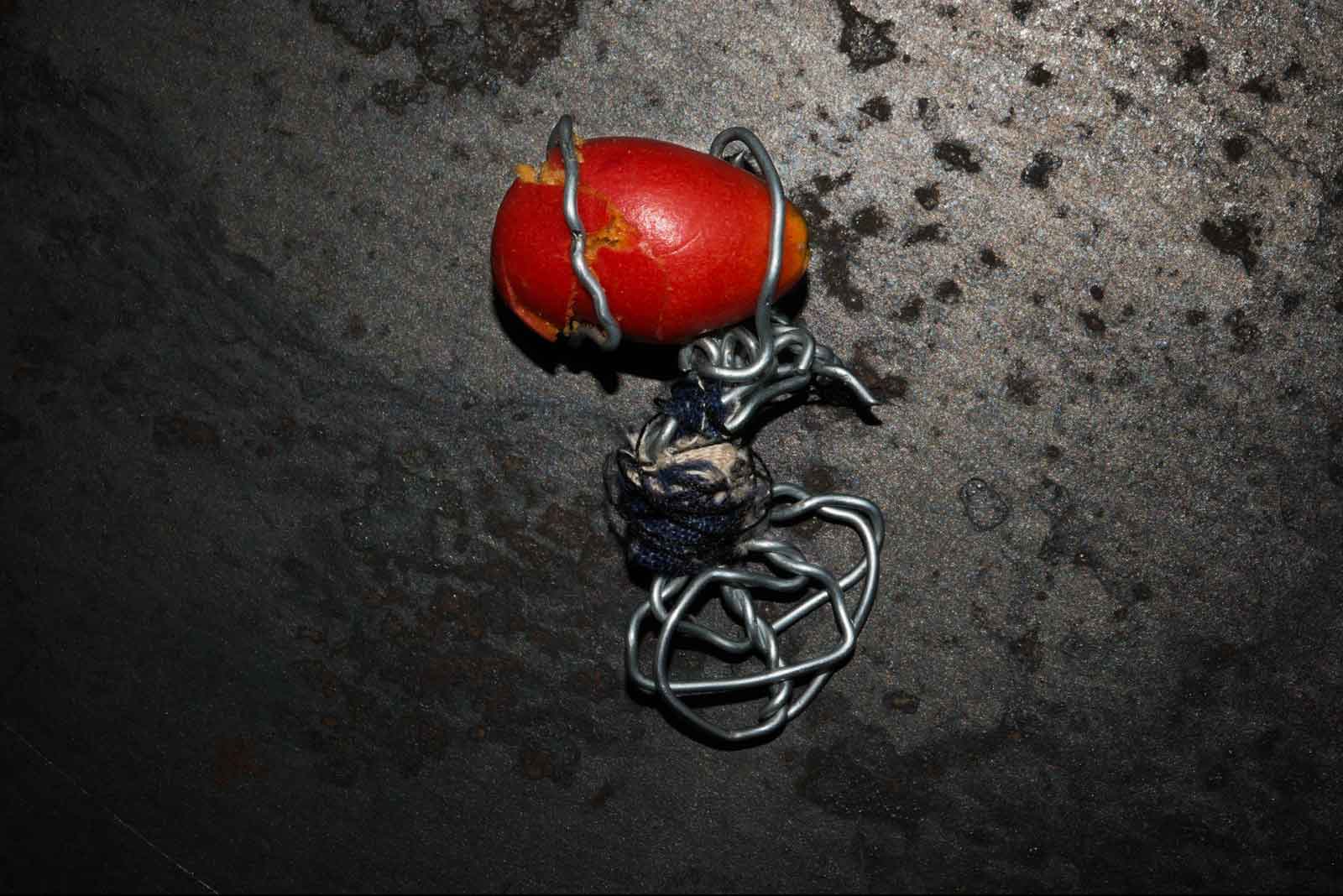

|
Festival 2013The 7th edition of the Ânûû-rû Âboro Film Festival from 18 to 26 October 2013 |
Editorials |
Ânûû-rû âboro « l’ombre de l’homme »
Festival du cinéma des peuples
Anuu-rû âboro means "shadow man" in paicî language, ie "cinema". We love this poetic definition which leaves a dark side in the recreation of the actual act that raises the film documentary. We also like the presence of man in the Kanak definition of cinema. We set down our festival in a process of emancipation: that the Kanak people and citizens of our country have engaged with the Noumea Accord. We believe that the film is a non-enclosed space in which political and ideological contradictions that is carried out in the world perhaps more strongly than elsewhere. The image has become an issue of global power. In our country, there were still only two television ten years ago. Today, the satellite bouquet reveals about fifty chains. We are bombarded with images and in a hurry to watch them. Our voice and our picture, -our identity-, are inaudible and invisible in front of these stereotyped programs which are ordered by the financial capital, and never by the vast majority of men and women who, in their diversity, live on the planet.
The established order, it is not only the financial capital that puts the world on a compressed cup, which starves half the planet, which force thousands of people to migrate to risk their lives in the hope of a better life. The established order is also that of a largely internalized dominant ideology, in terms of image and aesthetics, which tends to impose established forms, a calibrated television, submitted in their design and production conditions market dictatorship of the ratings.
Our festival tries to give a space, the tribe, and a time, stretch the year, these documentary films that are not only more or less well "dressed" which are supposed to document the reality but films with their own language.
Paul Néaoutyine
Président de la Province Nord
Whether we like it or not, we are in most circumstances passive spectators, so constantly bombarded with images that we are left with no time to step back and think. Anûû-rû âboro has chosen a different approach with a genre that questions rather than asserts; that appeals to the intellect rather than the consumer instinct; that teaches us to see and not just to watch. Ânûû-rû âboro brings us films that speak for people who, like us here in New Caledonia, are fighting for their freedom; the Festival is committed to promote "socially engaged" cinema in the sense that it challenges the viewer to learn to see. What better teacher can we think of than the cinema itself? By their form and by their substance – for the two are intrinsically linked – the films of the Ânûû-rû âboro Festival invite us to see and to rethink the world… and possibly to remodel it.
The people film themselves……by René Boutin
Artistic Director of the Ânûû-rû Âboro Festival
The camera acts as a catalyst, a means of expression and a weapon of war. Shooting has become the initial reflex to make oneself heard, to speak out against injustice and to fight all kinds of discrimination. At the same time, the camera is an indispensable tool for manipulating public opinion, disguising truths and depriving the audience of its right to inquire. Today, the act of filming has a different meaning: it is no longer about telling the stories of peoples … they tell their own stories. The boundary between the empathetic director and his subject is hazy. At the heart of the act, the person being filmed exploits her own image: she still depicts a certain reality, yet she has a reasonably precise idea of the use to which it will be put and the profits it will generate. While it is encouraging to observe that the person being filmed has been allocated an important part of the production process by imposing her perspective, the concept of the documentary is entirely different when it comes to filming what should remain unseen. Filming the enemy with a visible camera has become very complex and almost impossible. Even if "resistance is creation", it is essential for documentary cinema to create new forms to resist representations of power and spectacle. We must take the risks inherent to the art, wander and move outside our comfort zone to give meaning to what we do not understand and make it visible; change the emphasis so that reality serves to invent tomorrow. The primary concern of Ânûû-rû Âboro is to encourage people to see and produce films; naturally, the seventh edition of the Festival aims to present documentary cinema with its many complexities and contradictions, humbly and without claiming to be exhaustive.
